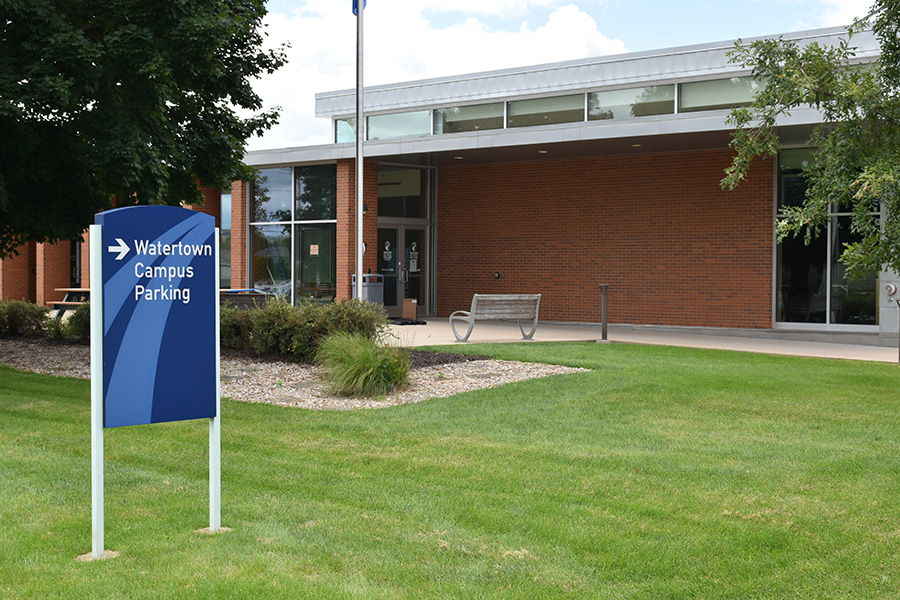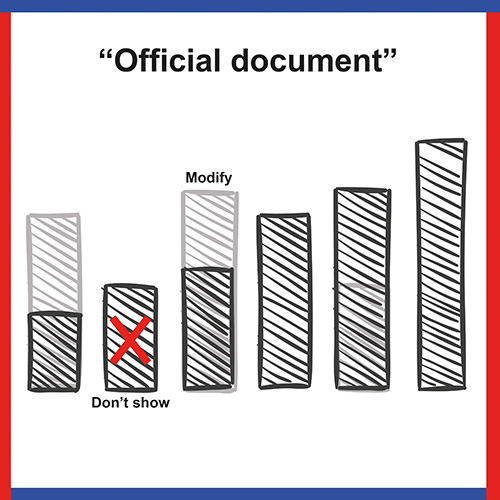In 2008, Obama was inaugurated with high approval ratings of 68 percent. He won the election with a solid 52 percent of the popular vote and with a resounding 68 percent of the electoral vote. He had inspired the youngest sector of voters, from 18-29 years old, bringing out 59 percent of registered voters, the second-highest rate ever recorded.
The election was emotional and, at times, breathtaking. Obama was our nation’s first African American president and, as one of the younger presidents elected, was quick to embrace a contemporary campaign style. He embraced the Internet and came to the public with a squeaky-clean image of idealism, embracing the ideas of hope and change.
It hasn’t been an easy three years, though. Obama had a series of seemingly insurmountable challenges to overcome, including an economic recession, a mortgage crisis and a system for health care that is out of control. His optimism and efforts to fulfill the many promises he made have been questioned, tempered and all out fought at times.
Looking towards the election in 2012, it’s now the voters’ chance to weigh in. Did Obama do what he set out to do? Did he keep his promises? The United States government is still facing a fragile economy and an unemployment rate that is bobbing around 9 percent. As the year progresses, many voters will have to decide whether or not they believe that Obama succeeded in his first term and whether or not they trust him with a second term.
Obama has kept many of his promises, while some were either compromised or are still in the works. He has begun to train and equip the Afghan army and successfully began to remove combat troops from Iraq. He signed an executive order to end all forms of torture in interrogation and has begun to verifiably reduce nuclear stockpiles across the globe.
On immigration, Obama has begun an effort to secure our borders and is still trying to approach immigration reform, despite serious opposition.
Many of Obama’s promises, though, have fallen short of expectations.
Getting universal health care passed by the Senate was a calamity. Little change seems to have been made, aside from mandating the purchase of insurance and raising the age of students protected to 27.
Lobbyists are still working for public administration. There is still no significant help for homeowners facing foreclosure due to the toothless treasury department’s lax enforcement of bank cooperation.
The tax cuts for the wealthy, trademarks of the Bush administration, are still in effect, and Guantanamo Bay is still up and running. Both of these issues are complex and have involved intense debate and negotiation.
The facts remain unclear though, for some. The effects of the stimulus are still being gauged, and with unemployment hovering around 9.1 percent, Obama’s approval ratings have sunk to 42 percent.
The GOP has yet to find a strong candidate, and the race will certainly be interesting. Some strong possibilities for Republican representation are Mitt Romney, Herman Cain, Rick Perry, Ron Paul and Michele Bachmann.
Despite the difficulties of the past four years, there is still hope on the horizon. Unemployment took its first drastic fall of nearly a full percentage point just in the last quarter.
A tenacious fight for the next term’s presidency is sure to raise the stakes, causing citizens to re-evaluate the present situation and their goals for the future.























